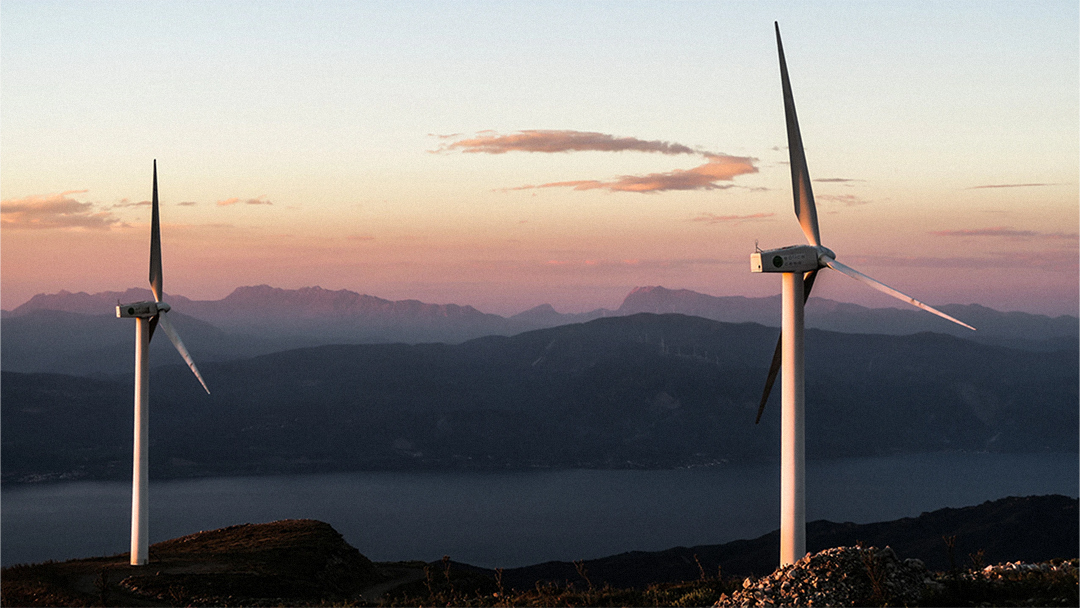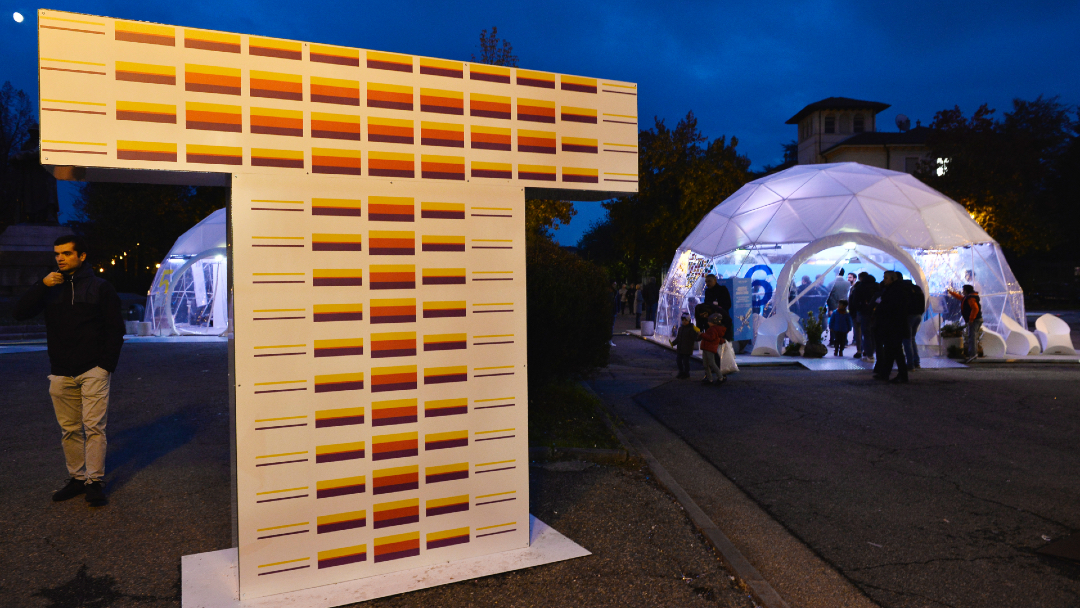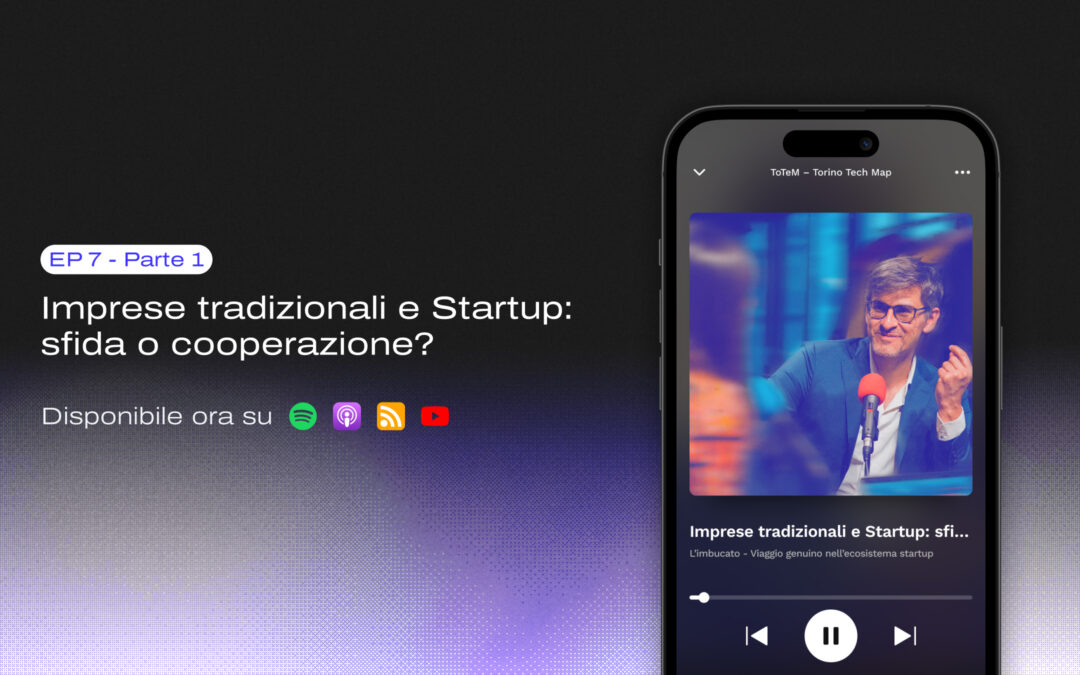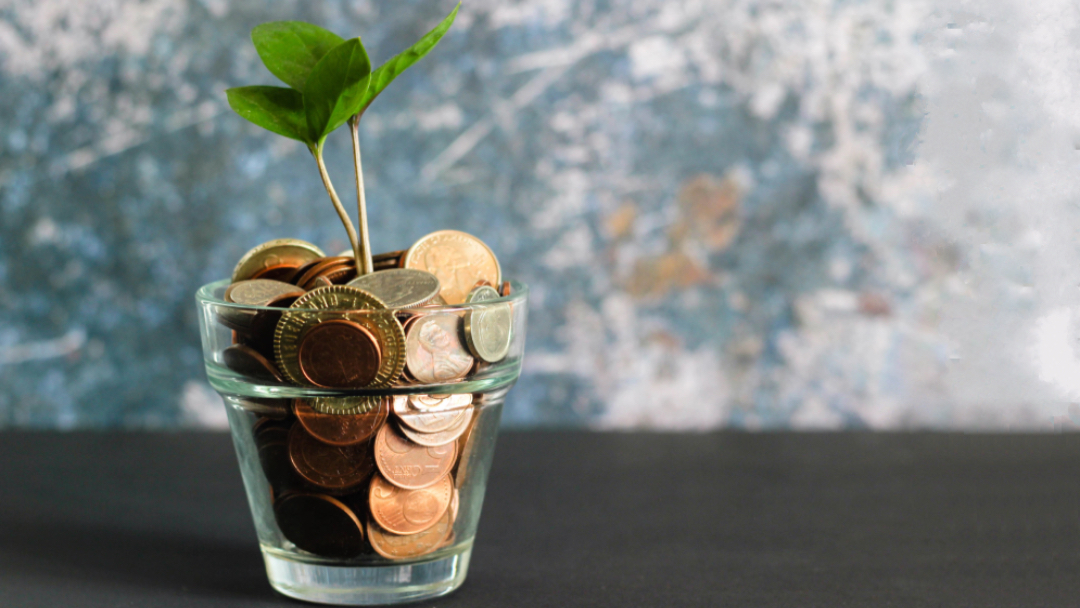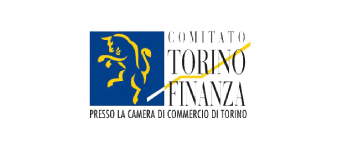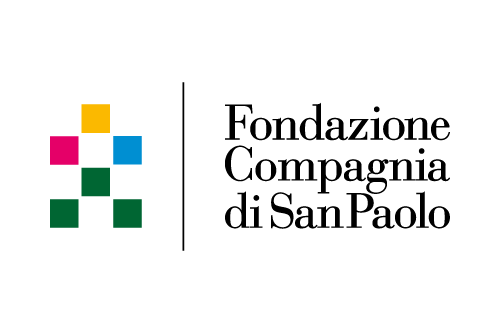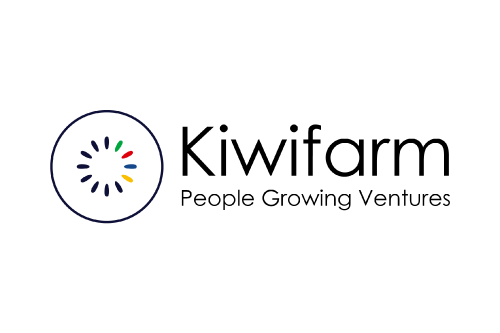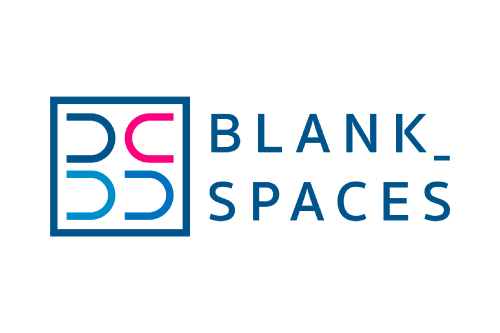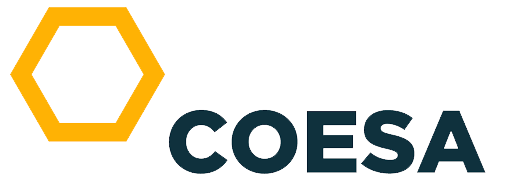
COESA srl is specialized in the planning of energy services. Through careful analysis and studies, COESA designs high energy efficiency systems with a single focus on renewable energy. Continuous activities of energy efficiency research, promotion and dissemination, specific consulting, development of projects and innovative energy solutions: the company is constantly looking for new opportunities in the energy sector to promote, encourage and realize efficiency and savings.

SENPAI was born in 2020 thanks to a line of research achieved within the PhD of the Politecnico di Torino and the passion of its founders towards the renewable energy sector. This spin-off of COESA srl aims to bring to the energy market a new tele-cooling service: heating, cooling and DHW (hot water for sanitary use) in a single system. All stages, from implementation, monitoring and management, are facilitated by SENSEI proprietary software, with its simulation tools, sizing and management.
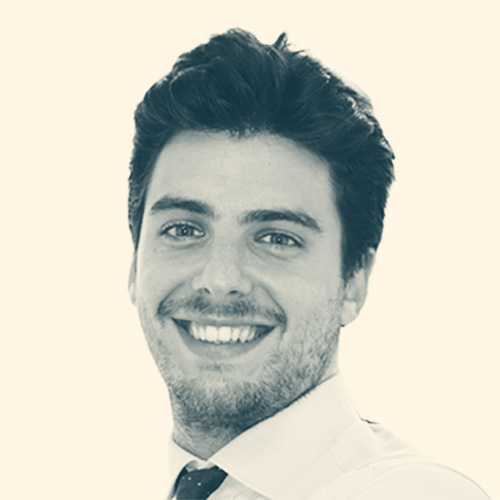
Federico Sandrone
CEO & Co-Founder Coesa | Coesa Engineering
During his studies he combines the passion for numbers, and in particular for Engineering, with the agricultural traditions of the family. Thus was born the interest in the green engineering sector and before graduating he worked in the development of biogas plants, commuting from Germany to Italy. Graduated from the Polytechnic of Turin in Energy Engineering, he starts working in the biogas sector and in the thermotechnical design associated with energy saving and decides to create a company that works exclusively in the energy sector. Thus was born Coesa Srl, a company that aims to provide dedicated and high-level consultancy in the sector of energy efficiency in the civil, industrial and public administration sectors, with shared energy saving projects. Since 2016 he has been a member of the Executive Council of the Young Entrepreneurs Group of the Industrial Union of Turin and of the TODAY commission.
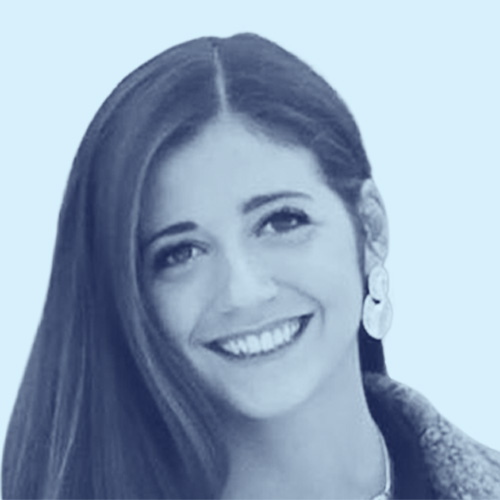
Cristina Scavarda
Co-founder SENPAI
Born in Turin on 18/09/1996, currently a student at the University of Bologna attending the Master in Finance, Markets and Intermediaries. After the Bachelor's Degree at Bocconi University, in 2018, she approached the world of Start up by joining the team of SEIplus, an association created in collaboration with the School of Entrepreneurship & Innovation to stimulate the resourcefulness and entrepreneurial spirit of young people. There she had the opportunity to learn about the ecosystem of startups in Turin and to work on various projects collaborating closely with both private and institutional partners. With the intent to encourage the meeting between young talents and established companies, together with the entire team of SEIplus, she started the largest collaborative project in Italy: the Italian Tech Weekend. Thanks to this initiative and the support of SEIplus, in 2019, she had the opportunity to meet Federico Sandrone, CEO of Coesa Srl and mentor ofItalian Tech Weekend. From this acquaintance was born the opportunity to get involved as an entrepreneur giving birth to SENPAI.
What is a corporate spin-off and why did you decide to develop a part of your business externally and not to create a new line or a new product internally?
Federico Sandrone: A corporate spin-off is the creation of a new business where the company itself fully or partially controls and with which it decides to open a new path. It can happen because it believes that the business is completely different, even only in part, from its internal business process or, at other times, it can be a choice that is made just to avoid an overlap of brands. In our case it was all about a business process. COESA is a reality with its own services and its own activity that carries out, as a general contractor, energy efficiency operations. SENPAI, born from a research project of COESA, develops a new technological business process in the energy field, the same field of the parent company.This choice was made because we wanted to dedicate a specific line to this operation because it has a different scalability from that of COESA. So the intent of the spin-off is to try to transform a research project into a business process.
Cristina, how was SENPAI born? Why did you decide to join the project?
Cristina Scavarda: The team was formed considering 2 goals: that of having all the skills within the project to be able to create a real business, both from the energy and innovation point of view. I was also convinced by the heterogeneity of the team because I immediately considered it a personal added value that could broaden the horizons of each participant. I'm in charge of the economic-financial part, Matteo Bilardo is doing a PhD at the Politecnico di Torino in the energy field, Andrea Fassino is in charge of the software part and finally there's our most senior figure, Matteo Stoppa, who already has an exit operation behind him and can certainly be a guide and give us ideas and advice on how to move. I decided to participate in this project because I've always been a person with a great desire to do, I like to take on new challenges and I saw SENPAI as an opportunity to launch myself into a new project, putting myself on the line and at the same time taking the risk but with the confidence of having people who could teach me, mentors who would allow me to increase my skills and ensure a high level of training in the workplace.
From COESA's point of view, in addition to what we have already said, how did the SENPAI project start?
Federico Sandrone: SENPAI was created to connect the world of startups and innovation with the corporate world. They are two different worlds, but they must be connected. I often hear that startups are companies, which is absolutely true from a corporate point of view, but I think there is a huge difference in the approach and type of development. A traditional company already from the beginning makes profits, if not the first year within a short time. The startup world is geared towards a faster development, therefore with more debt, but with a scalability and an end point much greater in power. In talking with SEIplus, the School of Entrepreneurship & Innovation and various startup investment funds, we've noticed that there is this distance between the two worlds and that very often startups fail to materialize and become companies because of a lack of market knowledge. Here I think that companies, who know it very well, could open their doors to the startup world. In an ordinary evening, between a chat and a beer, it came out that SEIplus could be inserted as the link between these two worlds. At that point we published our proposal on SEIplus channels and, among all the applications, we found the right people for our idea.
Cristina, the comparison between both startup and corporate worlds, and between generations, emerged from this talk. I wanted to ask you, regarding your experience within the project, do you notice that this duality can be useful both to develop the project itself, but also to foster the part related to innovation?
Cristina Scavarda: Definitely within the project the presence of this duality is fundamental. We, the university part, are young people with a great desire to do and who get excited easily, risking to lose sight of the main objective or, simply, to waste time on something that may not be important for the opening of the company. The presence of more senior people is useful to keep at bay the traits that could be counterproductive in our spirits and to continue to maintain the reins of what we have to do.
It is often said that companies must innovate, but in practice, in a company that has processes and services already well defined, what does it mean to innovate and how difficult is it?
Federico Sandrone: Innovation means everything and nothing. Everyone focuses on the innovative product or service, but innovation can also be in the process. For me, innovation means looking at the business process and spending time to analyze it. Once this is done, we can think about how and where to innovate in order to achieve an improvement. Innovation managers are emerging, and in my opinion they are fundamental for the most structured companies, whose task is to stop and think as I have said, in order to always innovate with a view to concrete improvement and not just for the sake of it.
How important is it to feel part of an ecosystem and to be able to interact with other realities that share the same goals or perhaps the same vision for the development of projects and the way they are implemented?
Federico Sandrone: I entered the ecosystem by giving a lot in terms of time, but what I received was a lot. If I had stayed only in my corporate world I wouldn't have understood everything that is behind the startup world. Interacting opens your mind, gives you other insights that, right or wrong, allow you to make more informed decisions.
During your experience with the Gruppo Giovani Imprenditori, first as a member and then as vice-president, how did you see the figure of the entrepreneur change in Turin?
Federico Sandrone: In the Gruppo Giovani Imprenditori I have not seen a real change, but a gradual entry of members with different profiles than those who were traditionally present. Now there are many startuppers, as well as profiles of second or third generation entrepreneurs. I find the most interesting aspect is the possibility to confront both the entrepreneur who has a fourth generation company and the startupper who may not even have an employee.
As far as startups and youth are concerned, there has always been talk of enthusiasm, but obviously it's not always as good as it sounds. How do you manage to find the right balance between the enthusiasm and then the difficulties in carrying out a startup project?
Cristina Scavarda: I believe that in these situations it is fundamental to believe in the project you are working on, to have a supportive environment and a team on which you can count and with which you can also afford to make mistakes. A fundamental thing is to have the sensitivity to understand if in the team there are those who are struggling the most by falling behind, helping and working together with whoever needs it. The team has to go at the same speed and this is something that is built together.
Cristina, would you have wanted to cultivate an idea of your own before this project or did you develop an interest in this world by participating in such an initiative?
Cristina Scavarda: I have a nature that has always led me to surround myself with people who have the same mentality as me. Entering SEIplus and starting to attend the Talent Garden I realized that, in the short term, I would not have had the brilliant idea to start a startup. COESA, on the other hand, allowed me to be part of a project in which my "startupper" attitude found an outlet.
Imagine your collaboration if you had found yourselves in each other's shoes and vice versa.
Cristina Scavarda: If I were Federico I would probably be very similar in character, in the sense that I see in him a desire to get involved and an enthusiasm in the project that is very similar to mine. Perhaps the fact that I am very precise and meticulous about so many things would probably make me much more pressing (and heavy) as a mentor!
Federico Sandrone: If I were Cristina, I would probably be much less precise than her and therefore I wouldn't be able to keep the very analytical part of the work under control. On the other hand, with my impatience, I would have already gone knocking on the doors of all the companies within a radius of I don't know how many kilometers to know if they were willing to buy something from me that I haven't even made yet.
